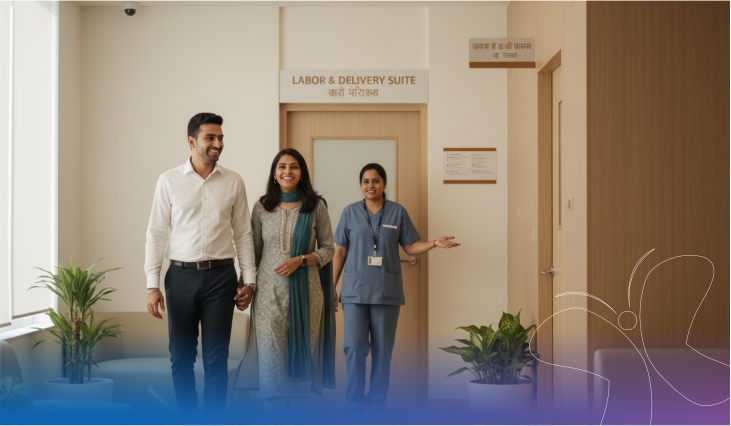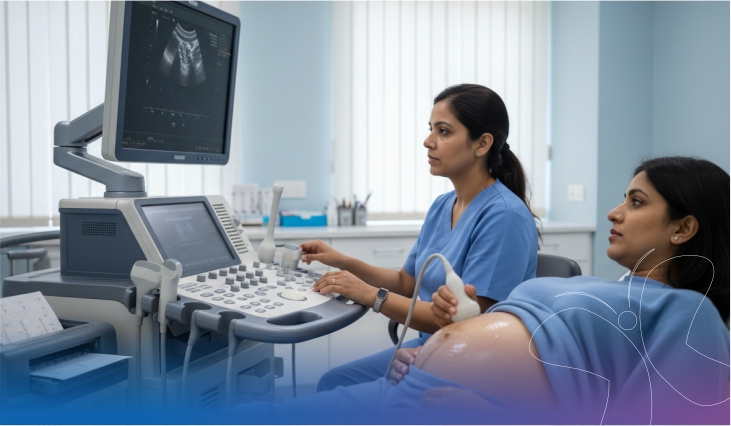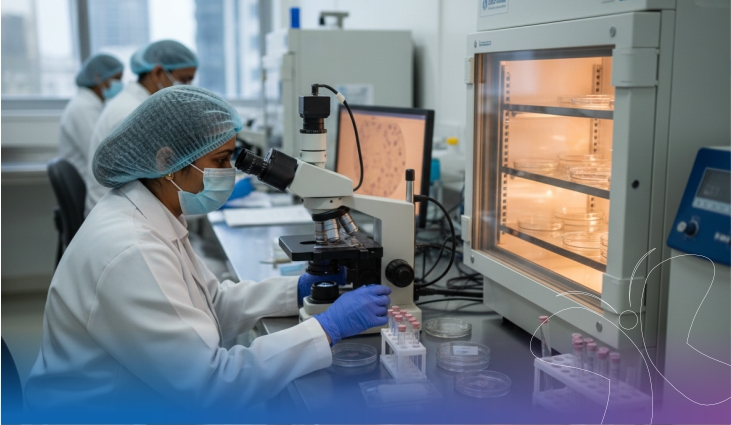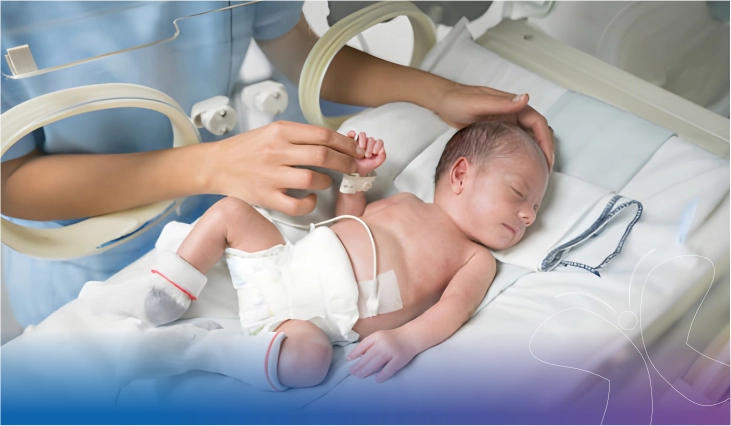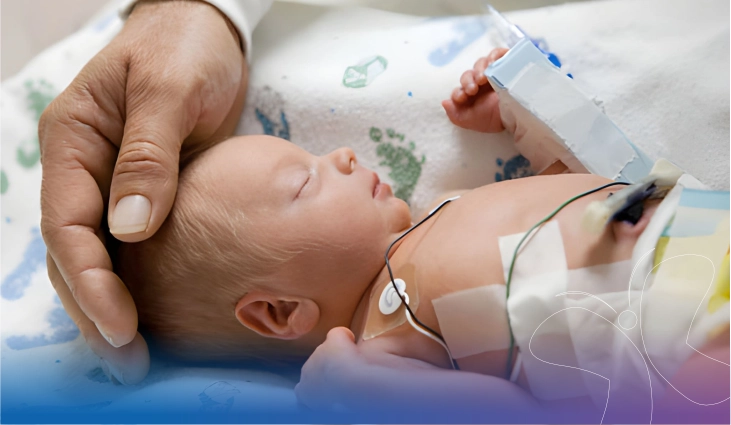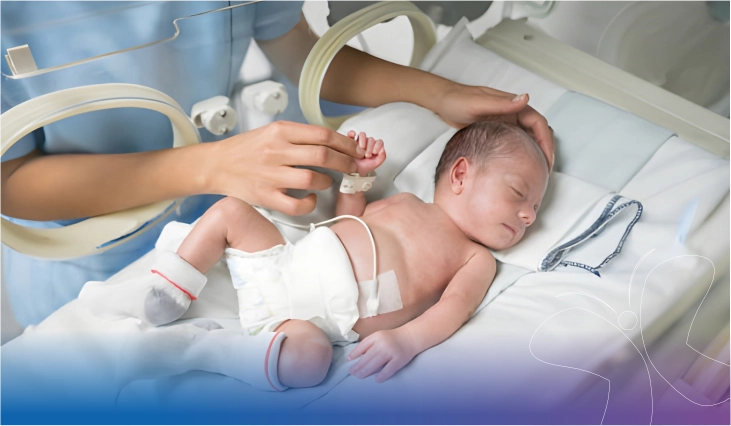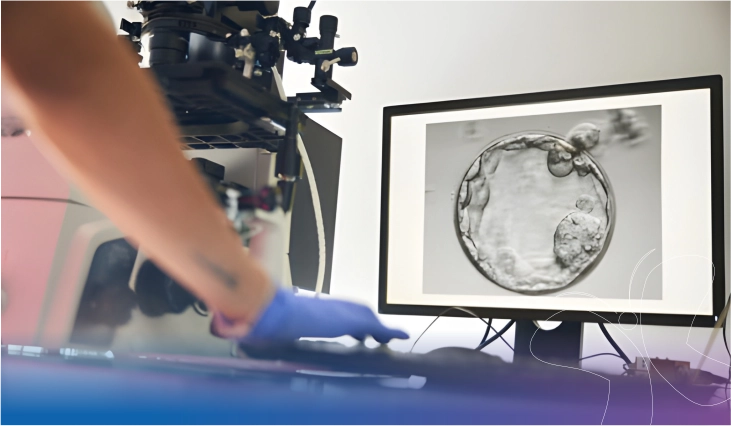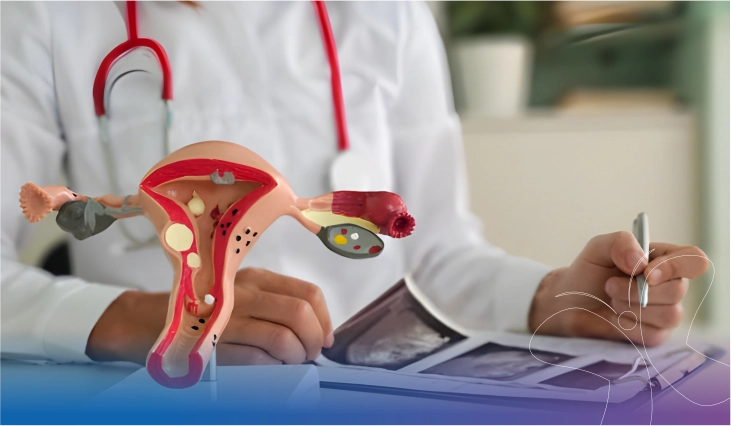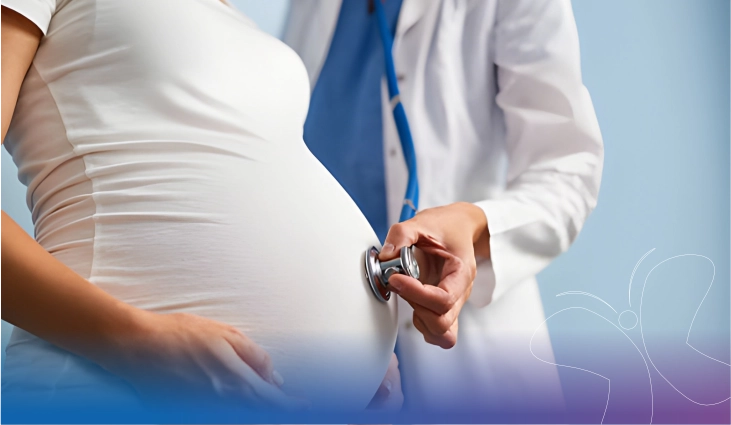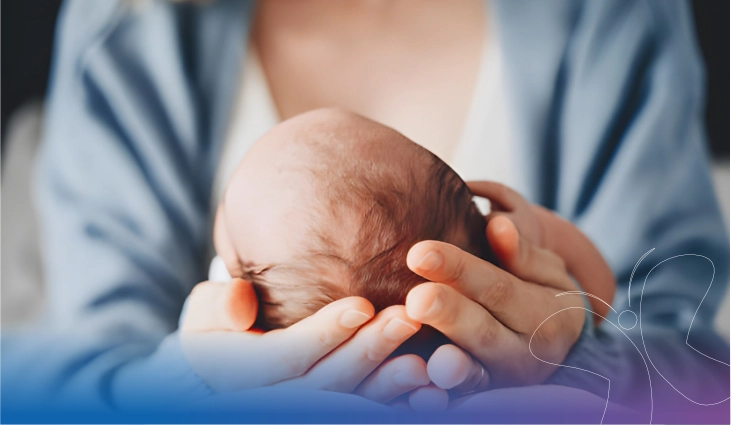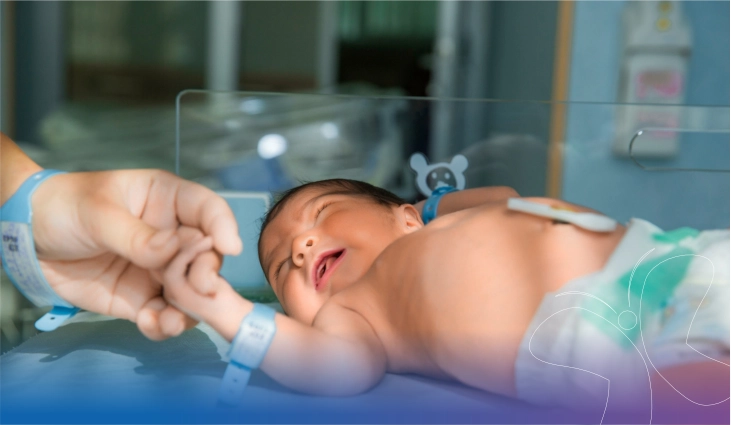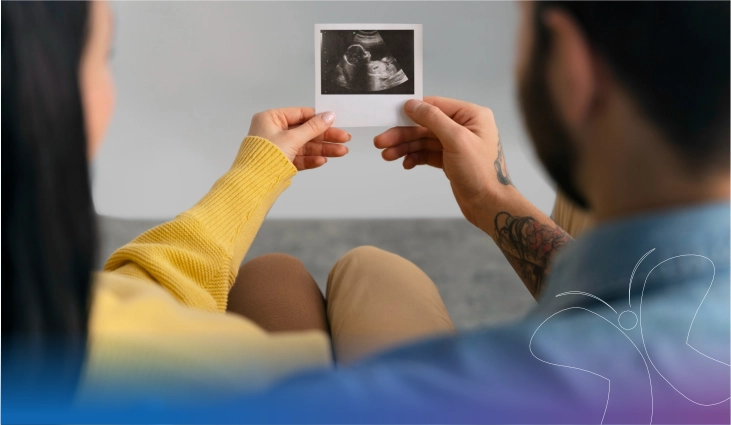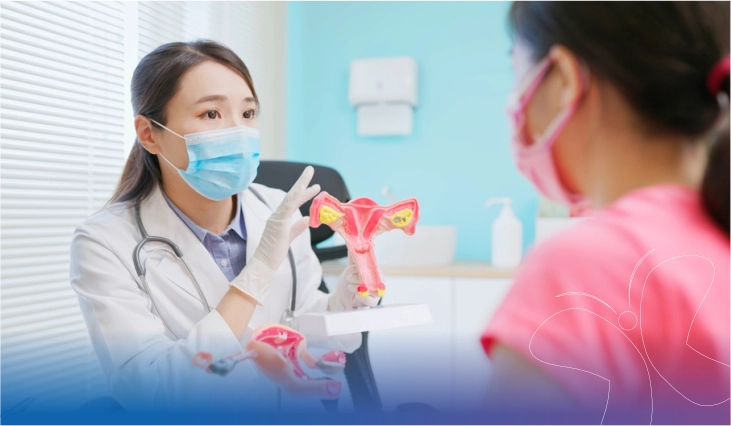While they are generally benign, fibroids can pose challenges during pregnancy, affecting both the mother and the baby. Understanding the impact of fibroids on pregnancy and learning how to manage them is crucial for ensuring a healthy and safe journey to motherhood. At Flowrence Hospital, our experienced female gynecologists in Rajkot offer comprehensive care to help women navigate fibroids and related complications.
What Are Fibroids?
Fibroids are growths composed of muscle and fibrous tissue. They can differ in size and quantity, and their position within the uterus can influence the nature and intensity of symptoms. While some women may have fibroids without any noticeable symptoms, others may experience heavy menstrual bleeding, pain, and discomfort.
Impact of Fibroids on Pregnancy
Fibroids can impact pregnancy in various ways, depending on their size, location, and number. Some of the common effects include:
1. Increased Risk of Miscarriage: Women with fibroids, especially those that are large or located inside the uterine cavity, may face a slightly higher risk of miscarriage. Fibroids can hinder the implantation of a fertilized egg or trigger contractions in the uterus.
2. Preterm Labor: The presence of fibroids may lead to preterm labor. Large fibroids can create space constraints, putting pressure on the growing baby and triggering early contractions.
3. Restricted Fetal Growth: Fibroids that occupy a significant amount of space in the uterus may restrict the baby’s growth, potentially leading to intrauterine growth restriction (IUGR). This indicates that the baby might be smaller than what is typically anticipated for their gestational age.
4. Breech Position: Depending on the size and location of the fibroids, the baby may be in a breech position (feet or buttocks first) instead of the normal head-down position. This could complicate vaginal delivery and necessitate a cesarean section.
5. Placental Issues: Fibroids may affect the positioning of the placenta, leading to conditions such as placenta previa or placental abruption. Both of these complications can be serious and require immediate medical attention.
Managing Fibroids During Pregnancy
Managing fibroids during pregnancy requires specialized care and monitoring. Our team of female doctors in Rajkot offers personalized treatment plans to address the unique needs of every patient. Here are some approaches to managing fibroids:
1. Regular Monitoring: Women with fibroids should have regular ultrasounds and check-ups to monitor the growth of fibroids and the development of the baby. This helps healthcare practitioners to detect any potential issues early and plan for appropriate interventions.
2. Medication: While certain medications can shrink fibroids or alleviate symptoms, not all are safe during pregnancy. A healthcare practitioner can suggest safe options to manage pain or discomfort without harming the baby.
3. Lifestyle Modifications: Maintaining a healthy lifestyle, including a balanced diet and gentle physical activity, can help reduce symptoms. However, it's important to follow the advice of a female gynecologist in Rajkot to ensure all activities are safe during pregnancy.
4. Bed Rest: In some cases, doctors may recommend bed rest, especially if there is a risk of preterm labor. Bed rest can help reduce the pressure on the uterus and minimize the chances of early contractions.
5. Planned Delivery: Depending on the size, location, and symptoms of fibroids, doctors may plan a cesarean section to avoid complications during labor. This is especially true for women with fibroids that could obstruct the birth canal or lead to placental issues.
Treatment Options After Pregnancy While managing fibroids during pregnancy is focused on ensuring the safety of the mother and child, treatment options after delivery may include:
1. Medication: Medications can help shrink fibroids and reduce symptoms. Our best gynecologists in Rajkot for women treatment can recommend suitable medications depending on the severity of the condition.
2. Minimally Invasive Surgery: Laparoscopic myomectomy is a minimally invasive surgery to remove fibroids without affecting the uterus. This is an ideal option for women who wish to preserve their fertility. Flowerence Hospital provides state-of-the-art laparoscopic procedures under the guidance of leading experts in obstetrics and gynecology.
3. Uterine Fibroid Embolization (UFE): UFE is a non-surgical treatment that cuts off the blood supply to fibroids, causing them to shrink. This procedure is suitable for women who do not plan to conceive in the future.
Navigating pregnancy with fibroids can be challenging, but with the right care and guidance, it is possible to have a healthy pregnancy and delivery. At Flowrence Hospital, we have a team of skilled female doctors in Rajkot dedicated to providing compassionate care and effective solutions for women facing fibroid-related complications. Our experts in obstetrics and gynecology are here to help you make informed decisions and ensure a smooth, safe pregnancy journey.
For more information or to schedule a consultation with the best gynecologists in Rajkot for women treatment, contact Flowrence Hospital today +91 90990 89107.






